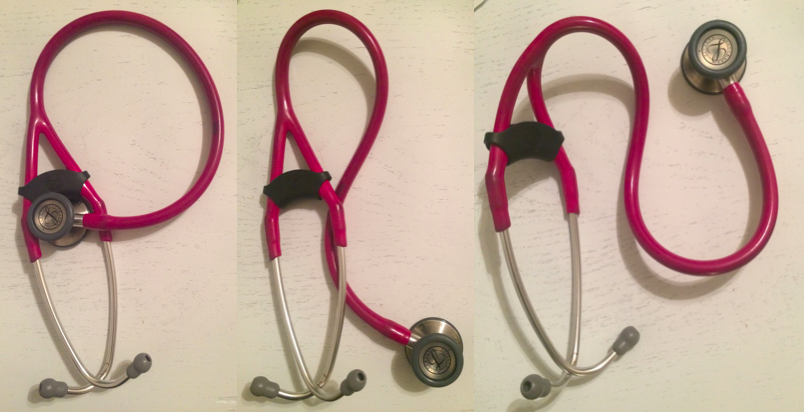Guest Post by Hailey Rebecca McNutt
Photo by Nong Vang on Unsplash
Going to a mental hospital can be incredibly scary, both for those who are actually going to be attending therapy services and for those who love someone who is going to be in the hospital. As a social worker who works in both inpatient and outpatient services, I see a wide variety of reactions to being in psychiatric treatment. Some patients are excited to get better; others deny their problems. Some family and friends are supportive, and others blame patients for their condition.
Overall, the main difficulty in receiving psychiatric treatment is the stigma and prejudice our society holds against mental health. I’m here to help you understand what mental health really is, what treatment is, and how to help yourself or your loved ones walk through the journey towards wellness and recovery.
Mental health is being able to find a healthy equilibrium towards what we perceive as positive and negative emotions, difficulty and good times, and day to day activities. Mental illness is generally categorized as behavior and thought processes that augment our ability to perform daily tasks and maintain our life balance and relationships in a healthy fashion. Mental illness can be caused by environmental factors, difficult situations, or a chemical imbalance between the necessary chemicals that keep our minds well and stable.
To help mental health, people can be encouraged to attend therapy sessions. However, if the patient is not well to the point that they are seeing or hearing things or are having suicidal thoughts, it is recommended to bring them to the hospital setting.
An important thing to remember about patients in a hospital setting is that they are not different from individuals who have any other type of illness.
There is debate about the illness model towards mental health as well—some professionals say that maladaptive behaviors are caused by people doing the best they can in traumatic and chaotic situations and learn these thought patterns and behaviors in order to survive. In any circumstance, our culture has taught us that mentally ill individuals are “crazy,” “deranged,” or “beyond help.”
We tend to think that these are people who can’t get better and don’t want to seek treatment, when in actuality our hospitals are filled with people who are open to receiving help and desperately want to get well.
It is imperative when working with mentally ill people to remind them that this is what they are—people.
They are people who are battling something very difficult, not very different from a physical illness. If your friend or family member were in the medical hospital for a life-threatening condition, what would you do? You would probably tell your community members, ask for prayers, send flowers and visit them regularly.
However, this isn’t how psychiatric patients are generally treated. They are seen as a secret, a blemish in the family, to hide until they’re well. This type of mentality from family members doesn’t help the patient feel like a person, which is the most helpful feeling when dealing with a mental illness.
Instead, I encourage friends and family to visit often, remind their loved ones how meaningful and vital they are to their lives, and encourage them that they will feel better and that this is a season you are willing to walk through with them.
I believe that simply changing the language we use about mental illness could really help the patients—saying “you have depression” instead of “you are depressed.”
This identifies patients by their strengths rather than their weaknesses. It shares hope and love instead of scolding or asking why they ended up here. People with mental illness are trying to make sense of the vibrant world that lives inside them, and the best medicine is compassion and empathy.
Once an individual goes through inpatient treatment, they will mostly likely step down to outpatient treatment. This typically looks like attending therapy services for several hours a day and then going back to the patient’s typical home life.
During this time, I encourage family and friends to help the patient get back to a normal lifestyle. Encourage them to exercise, eat well, visit friends and family, and look for a stable place to work if they do not have one.
It is best not to constantly remind them of the hospital but instead tell them how much they’re improving and remind them of the future. This will help them try to put their acute care behind them and feel like a person again, which is so useful to their recovery.
Mental health is a difficult topic for everyone, but it is vital to the wellbeing of caretakers and people who become patients. Overall, it is best to lead with kindness and compassion and help everyone feel respect and dignity. In this place of rest and love, healing thrives.








